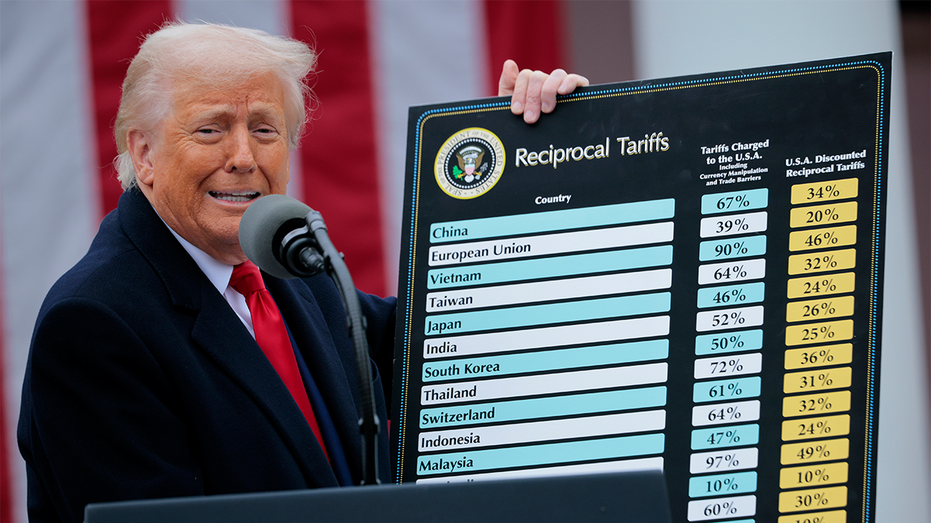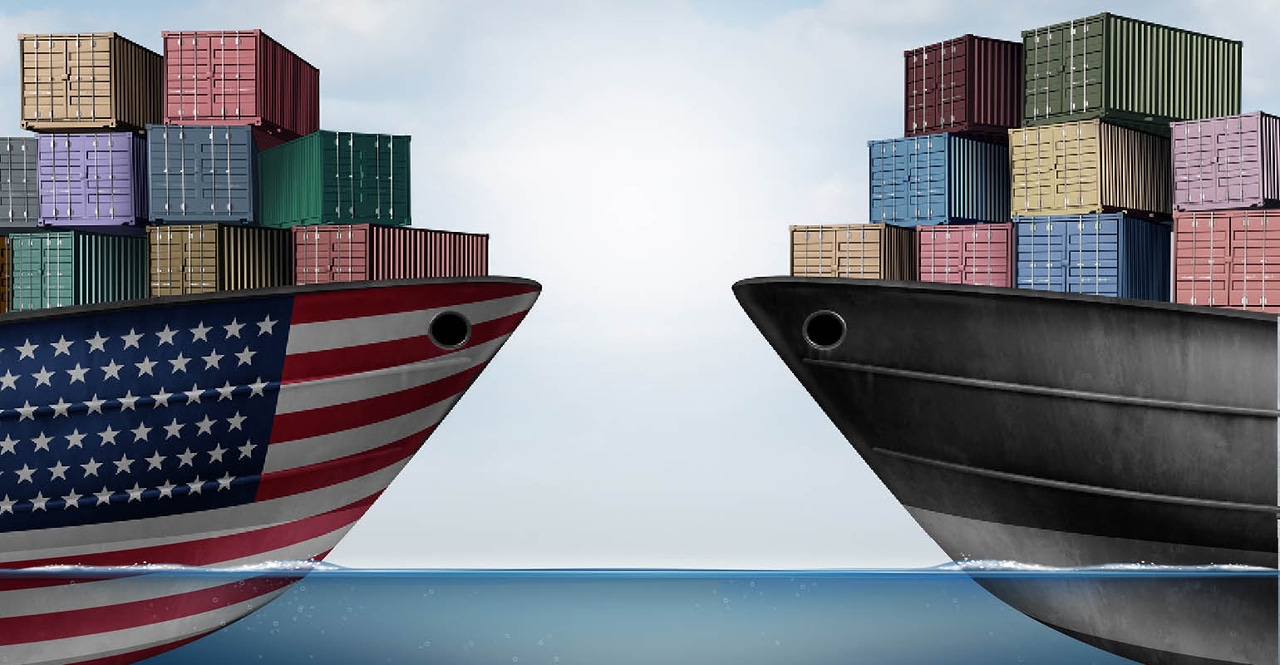Market and Politics Report- April 2025
Market and Politics Report- April 2025 
April 2025, a tumultuous and unpredictable month in politics and on Wall Street. In early April, the Trump Administration rolled out tariffs on over 100 countries, sending global markets and governments into a frenzy. Major indexes took major hits, on multiple occasions throughout the month, while also having major recoveries on some trading days. Through this volatility, the major indexes, on average, lost between 1-3%, with the NASDAQ getting hit the hardest. This was likely due to tech stocks taking major losses due to fears of supply chain security with Asia, since the tariffs have slowed down trade of crucial technology supplies (like computer chips) from Asia to the US. A notably hard hit stock in the US was Tesla, down over 45% from its high due to growing concern over tariffs, and CEO Elon Musk's involvement with the Trump administration as a senior advisor to the President and head of DOGE (Department of Government Efficiency). To mention, Musk plans to limit his time in Washington to focus back on Tesla, though Tesla's board is focusing on finding a successor to Musk.
It was not just the US markets taking a hit. European and Asian markets were struck by volatility throughout the month, with the Nikkei losing over 8% in a day, just to gain over 6% back in the following trade day (April 7-April 8). This volatility through the markets has translated into the economies of governments as well. Through tariffs, global trade is expected to decrease (if no major trade agreements are reached), which would lead to a decrease in GDP and economic growth for many nations, possibly the US, with geopolitical ties also being damaged through a "trade war."

Back in the US, Americans are in conflict with themselves over the issue, with tariffs joining the economy as major political issues that are at the helm of American politics. Some view the tariffs as detrimental, and the only things that will come with them are slowed economic growth, higher prices that are passed down from the companies to the consumer, and higher inflation as a result of the higher prices of imported goods. On the other hand, some view the tariffs as an opportunity to reorganize global trade, eliminating the US trade deficit, and making trade fairer for the US. The latter explanation of tariffs is how the Trump Administration feels on the issue, believing that Americans have been "ripped off" for many years (in terms of trade), and that it is time for a change.

In terms of US politics, lots of developments have been notable, from the further crackdown on illegal immigration, to the conflict between church and state in the courts. The Trump Administration, throughout this month, expanded their operations to deported illegal migrants from the nation, as well as strengthening the southern border to prevent illegal crossings into the US. Also, the Trump Administration has worked with Congress to further a bill for tax cuts, with the hopes to enact the bill into law by July 4. Democrats have fought to combat Trump's agenda by protesting tariffs, fighting in courts for the rights of illegal migrants, and attempted to find strategic party leaders after the defeat in the 2024 Presidential Election.

It was by far an extremely busy month for politics and economics in the US and the globe, between the global trade conflict prompted by the US' reciprocal tariffs, major volatility in markets and indexes across the globe, and growing conflict between the right and the left in US politics. We will have to wait and see future developments in the coming weeks and throughout the next month!

Comments
Post a Comment